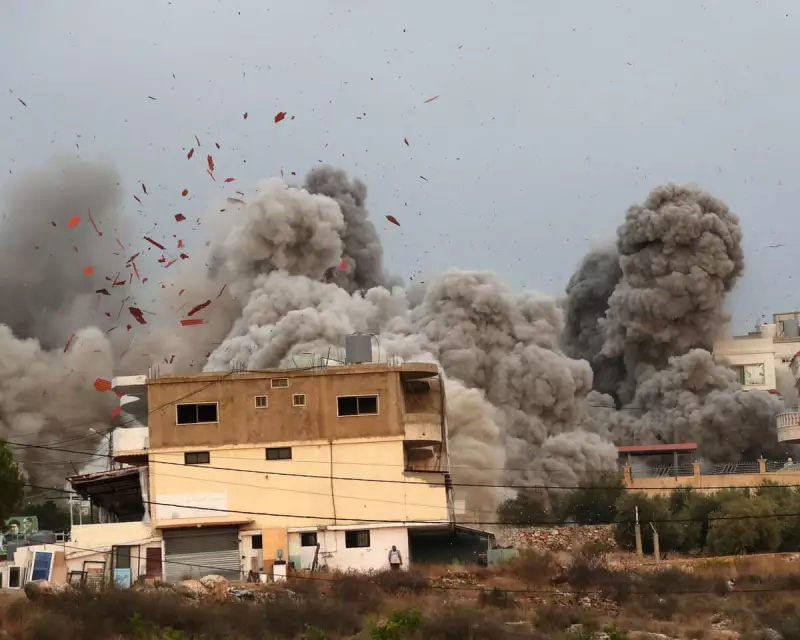
Israeli military forces have unleashed a substantial wave of airstrikes across southern Lebanon, marking one of the most intense escalations in cross-border hostilities since fighting initially erupted.
The coordinated attacks targeted multiple Hezbollah positions throughout the region, with Israeli defence officials confirming strikes on military compounds, rocket launch sites, and other terrorist infrastructure.
Widespread Damage and Strategic Targets
According to eyewitness reports and local sources, the bombardment caused significant damage to properties and infrastructure in several towns. The strikes appeared concentrated around areas known to harbour Hezbollah operations and weapon storage facilities.
Israeli defence sources stated the offensive was a direct response to sustained rocket attacks originating from Lebanese territory, which had targeted northern Israeli communities in preceding days.
Regional Tensions Reach Boiling Point
This latest military action represents a serious intensification of the conflict that has been simmering along the Lebanon-Israel border for months. The scale and coordination of these strikes suggest a strategic shift in Israel's approach to dealing with threats from its northern neighbour.
Security analysts are closely monitoring whether this escalation will trigger a broader confrontation with Hezbollah, which has significantly increased its military capabilities since the 2006 war with Israel.
International Response and Humanitarian Concerns
The international community has expressed growing concern about the potential for this conflict to spiral into a wider regional war. Diplomatic efforts to de-escalate the situation have thus far yielded limited results.
Humanitarian organisations are warning of the impact on civilian populations in affected areas, where many residents have already been displaced by previous exchanges of fire.
The situation remains highly volatile, with both sides appearing prepared for further military action should tensions continue to escalate.





